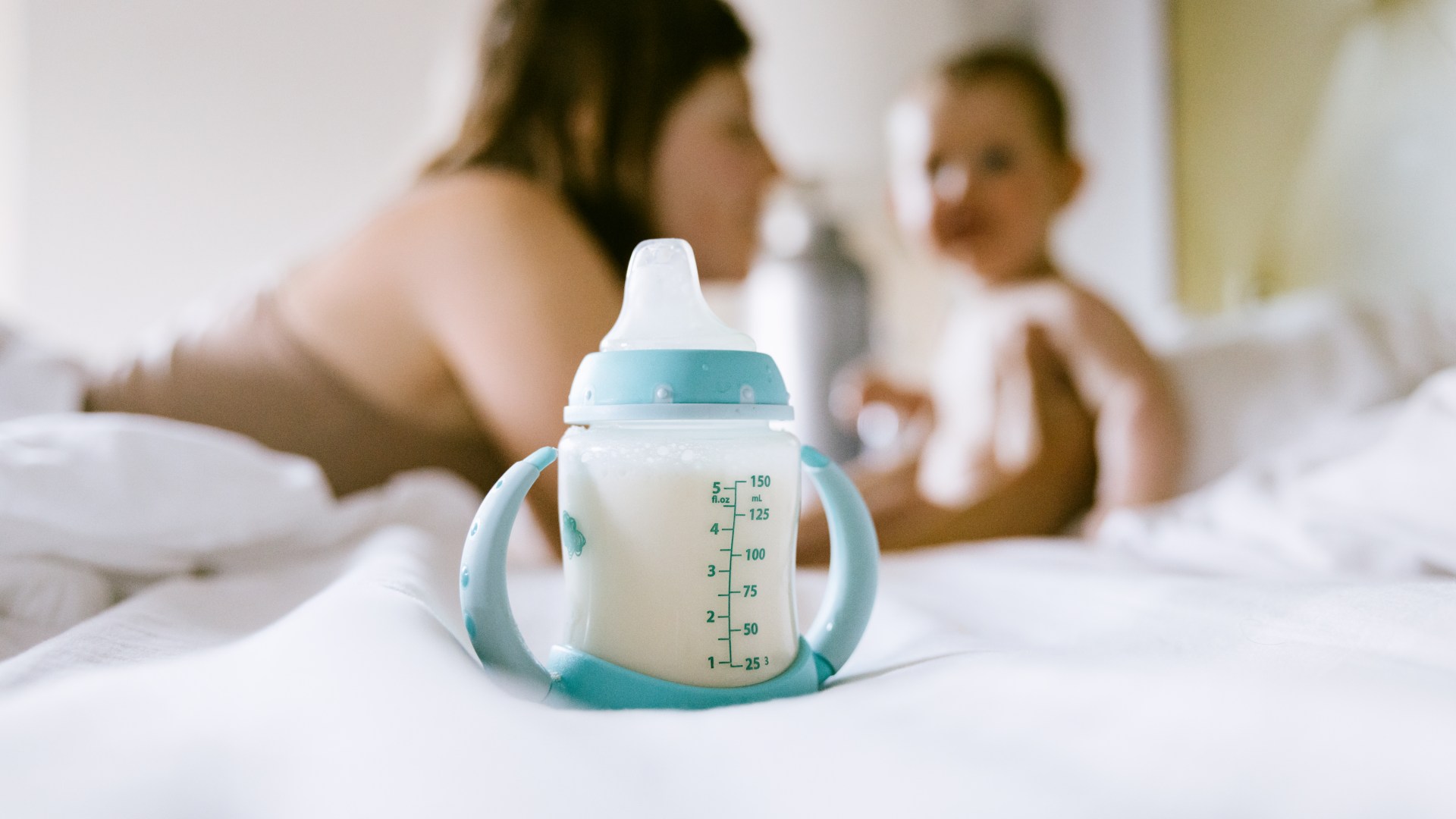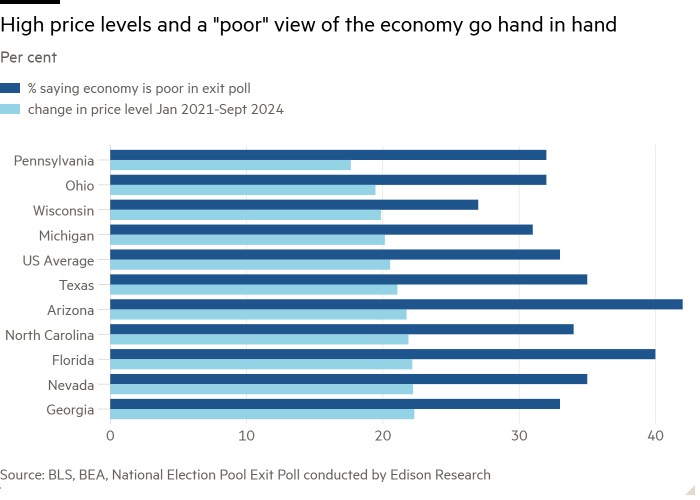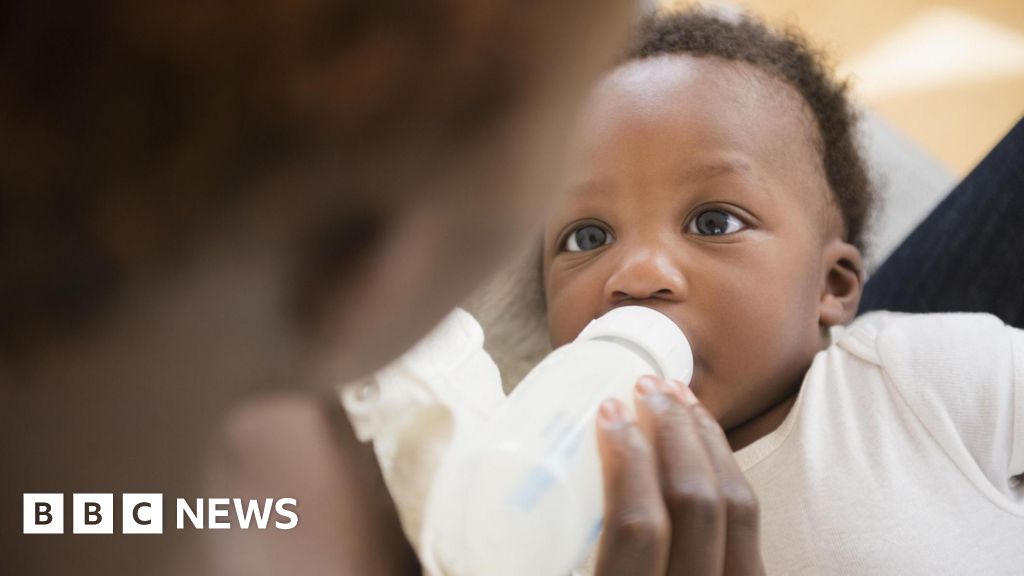Swiss luxury group Richemont’s sales dipped in the three months to September as the owner of Cartier became the latest luxury group to report slower than expected revenues as China stalls.
Sales at Richemont fell 1 per cent on a comparable basis to €4.8bn in the three months ending September 30, underperforming Visible Alpha consensus expectations for a 2 per cent rise. Sales in Asia Pacific were down 18 per cent in the period compared with a year earlier, once again a sharper fall than expected by analysts, but offset in part by strong growth in the Americas, Japan and Europe.
Its jewellery brands, its biggest division housing Cartier and Van Cleef & Arpels, showed resilience with a 4 per cent increase in the quarter with sales of €3.44bn, still slightly below expectations of a 5 per cent rise. However, the pressure was greater in its watchmaking operation, which fell 19 per cent.
“We saw solid sales growth across most of our regions offsetting continued weakness in Chinese demand, which, I had predicted, will take longer to recover and is especially affecting our specialist watchmakers,” chair Johann Rupert said.
Operating profits for the first six months of the year fell by 17 per cent compared with the previous year to €2.2bn, also missing expectations, which the company said was due to significant impact from negative foreign exchange rate movement.
Jewellery, Richemont’s biggest and most closely watched division, has diverged from its watchmaking division, its second biggest, in recent quarters. Despite industry-wide pressures, largely due to a sharp retrenchment by Chinese shoppers, hard luxury’s higher price point and more timeless appeal tends to attract wealthier clients, buffering performance during downturns.
“Jewellery maisons — responsible for the bulk of group profits — produced a resilient performance . . . but specialist watchmakers ended up materially worse than expected,” said Luca Solca, an analyst at Bernstein.
Richemont has undergone a sweeping leadership overhaul in recent months as it seeks to streamline succession planning and decision-making at the group controlled by Rupert.
Nicolas Bos, who has spent his career at the group and previously headed its second-biggest jewellery brand Van Cleef & Arpels, became group chief executive in an expanded version of the role in June. In July, the company announced new chief executives at Cartier and Van Cleef & Arpels, with Louis Ferla replacing Cyrille Vigneron as chief executive of Cartier after eight years.
“The management change and jewellery resilience are clear positives, but macro remains tricky to navigate in the short term,” analysts at HSBC wrote ahead of the results. Since Bos’s appointment, “investors have stopped asking about succession planning [and] we remain optimistic about the long-term compounding growth nature of Cartier”.



















































































































































































You must be logged in to post a comment Login